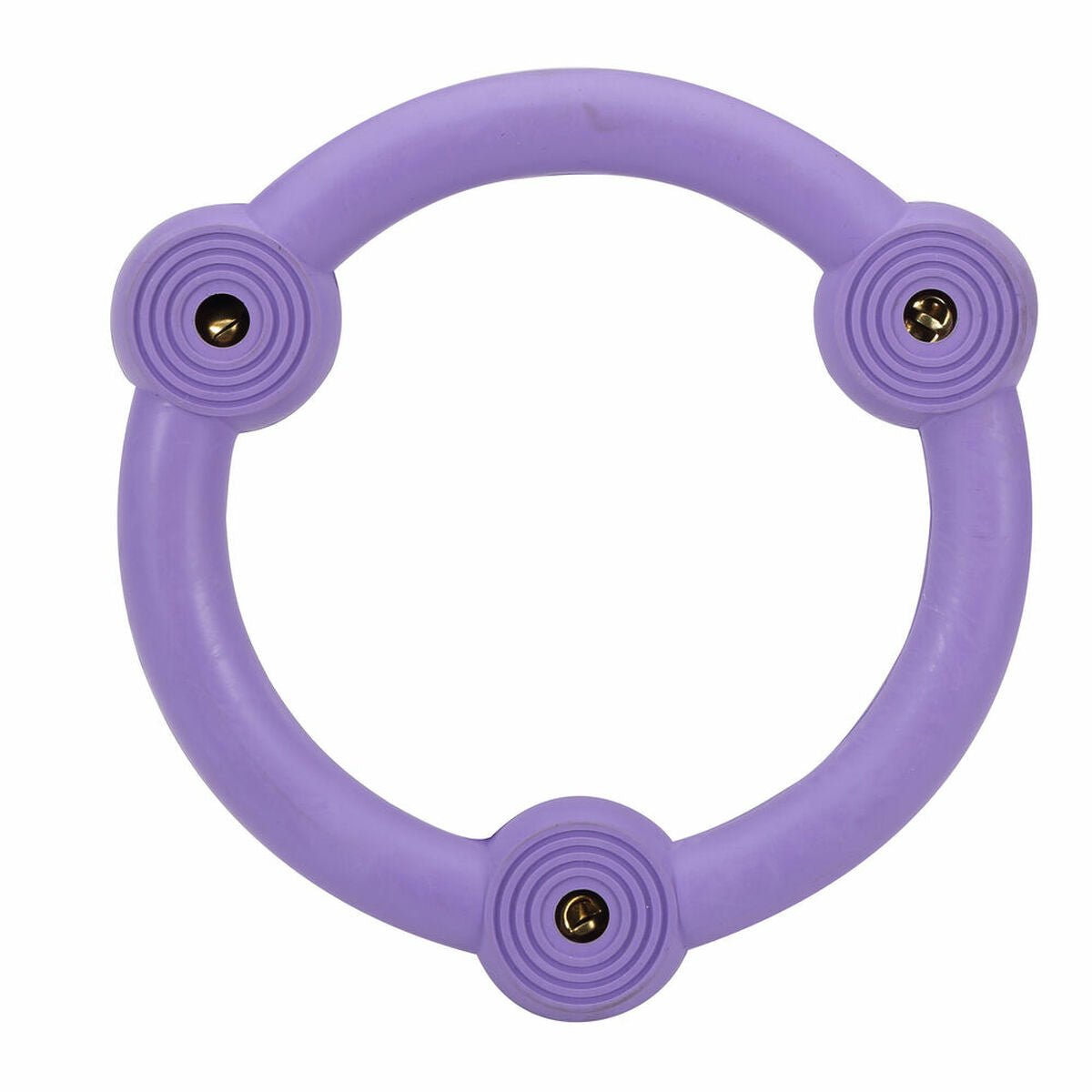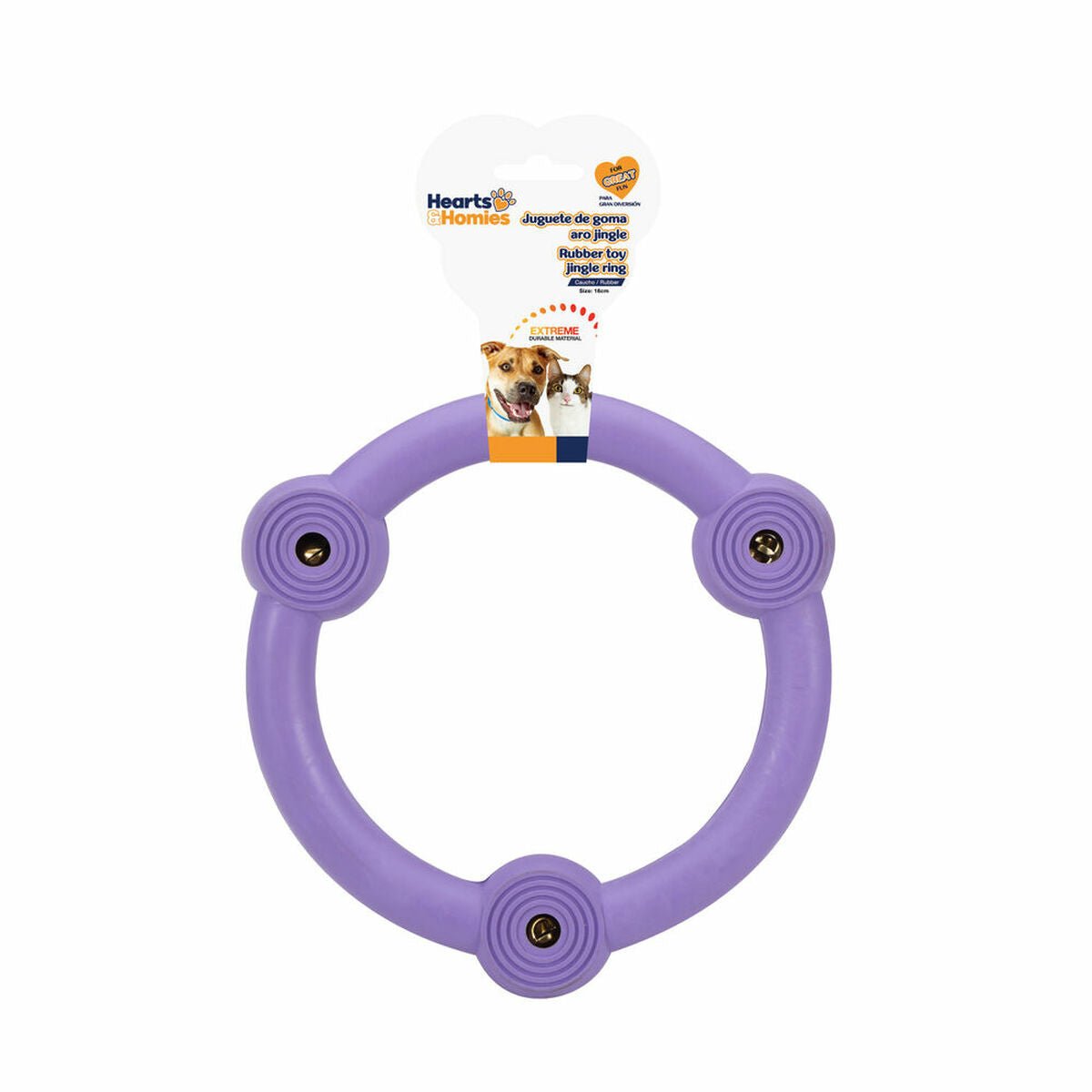How often should I take my dog to the vet? As a dog owner, it is important to ensure that your dog receives regular medical care. Regular visits to the vet can help prevent disease and prolong their lives.
Here are some things to consider when deciding how often to visit the vet and some important things to keep in mind when it comes to veterinary care for your dog:
Age
A puppy needs more medical care than an adult dog. During its first month, a puppy should visit the vet to receive its first vaccinations and a general health check. After that, the puppy should be seen by a vet at least once a year for its annual vaccinations and health checks. An older dog that is exposed to more health problems may require visits more often than once a year.
Health
If your dog has health problems or has a chronic illness, they should be seen by a vet more often to monitor their health and adjust medication as needed. Often this can mean monthly or bi-monthly visits.
Activity level
If your dog is very active, exercises a lot or is exposed to a higher risk of injury (e.g. hunting or sports), it may be good to visit the vet more often. A veterinarian can help keep your dog's health in tip-top shape and catch any problems before they become serious.
Rage risks
Some dog breeds are more prone to developing health problems than others. If your dog belongs to a breed that is more prone to health problems, you should visit the vet more often to monitor their health and prevent any problems.
Vaccinations
Vaccinations are an important part of veterinary care for dogs. Vaccines protect your dog from serious diseases such as rabies, parvo and distemper. Your vet can recommend which vaccinations your dog needs and how often they should be given based on their age, health and lifestyle.
Health checks
Regular health checks are another important part of veterinary care for dogs. Your vet can examine your dog's general health and identify any problems early. They can also recommend appropriate preventive measures such as routine blood tests or X-rays to help detect health problems in time.
Dental care
Dental care is an important part of your dog's health that is often overlooked. Keeping your dog's teeth and gums in good condition can help prevent dental problems and reduce the risk of serious health problems such as heart problems and kidney disease. Your vet can recommend suitable dental care for your dog and advise on suitable diet and dental hygiene.
Parasite control
Parasites such as ticks, fleas and worms can cause serious health problems for your dog. Your veterinarian can recommend appropriate contraceptives and treatments to keep parasites under control. They can also examine your dog for parasites and recommend appropriate treatment if necessary.
Diet and exercise
Giving your dog the right nutrition and exercise is also important to their health and well-being. Your vet can advise on the appropriate diet and exercise for your dog based on their health and lifestyle.
As a general guideline, most dogs should visit the vet at least once a year for a general health check and vaccinations. If you are unsure of how often you should take your dog to the vet, consult with your vet to determine the most appropriate schedule for your dog. Also remember that if your dog shows signs of illness or injury, you should schedule a veterinary appointment immediately. An early diagnosis and treatment can often help avoid serious complications and give your dog a longer, healthier life.








































